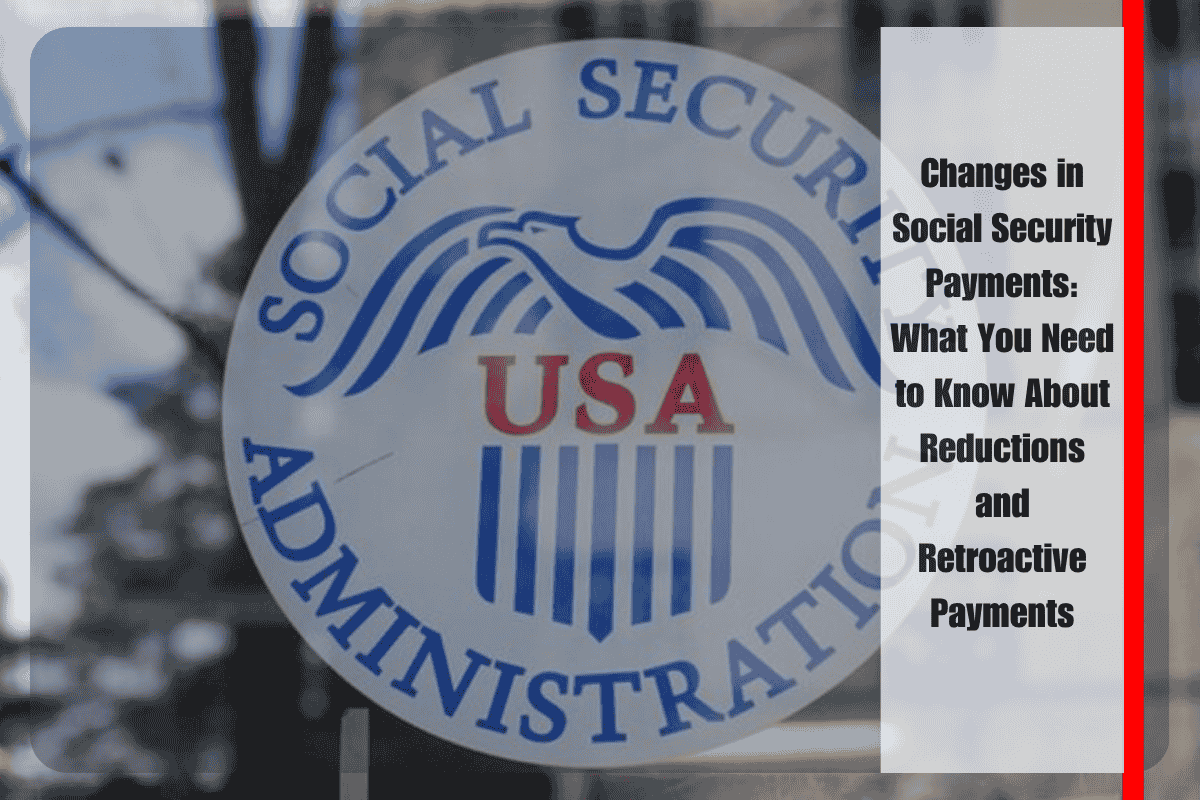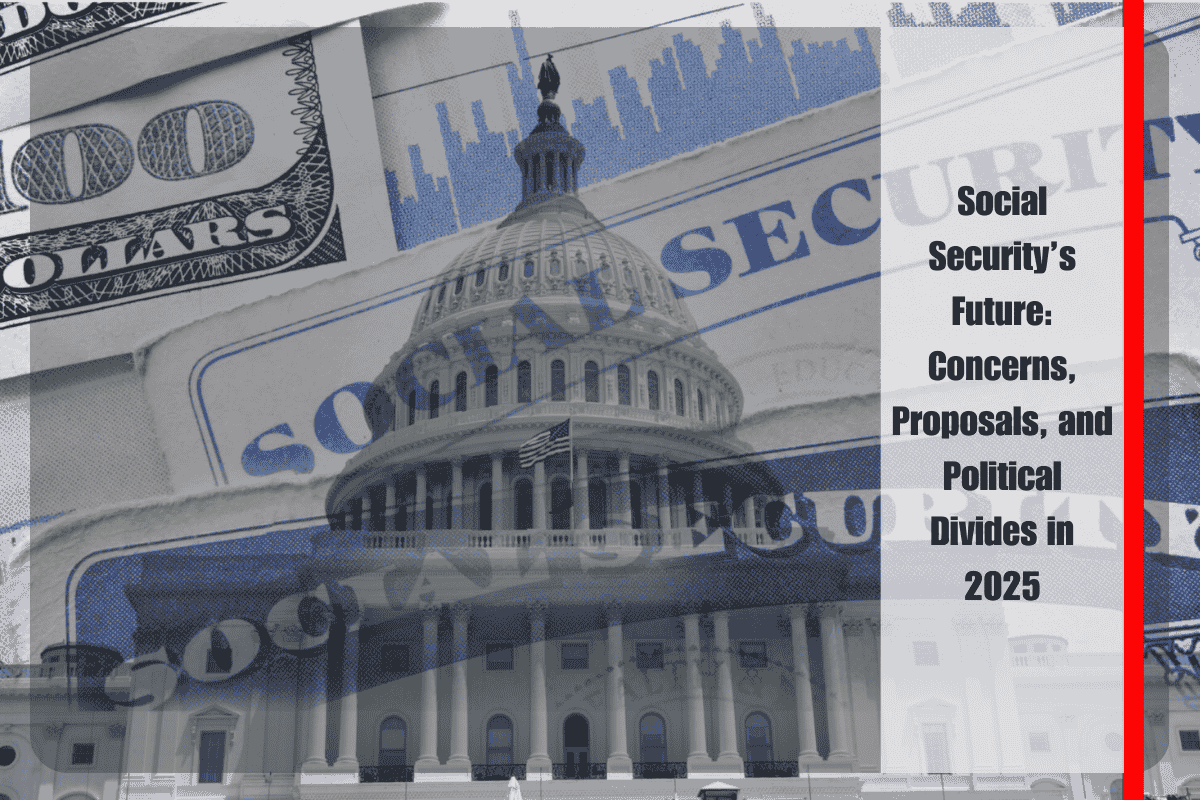The Social Security Administration (SSA) has begun implementing new changes to the amounts received by beneficiaries, and these changes could significantly affect your monthly payments. Two major measures are having an impact on recipients, leading to either an increase or a reduction of up to 50% in the monthly benefits received by some individuals. The SSA has started the process of recovering excess payments that were made to beneficiaries in the past, either due to administrative errors or because of beneficiaries not reporting changes in their income.
Why Are Some Social Security Beneficiaries Seeing 50% Deductions?
Since April 2025, the SSA has begun notifying beneficiaries who have received overpayments due to errors, either by the administration or the beneficiaries themselves. For those who did not report changes in their income, the SSA has started applying reductions of up to 50% to the monthly benefits starting on July 24. The reasons behind these overpayments can vary, but the result is the same—beneficiaries are seeing a significant reduction in their monthly payments.
If you’ve been affected by this, you may have received a notification from the SSA with a 90-day period to appeal or request an exemption. Unfortunately, many people failed to take action during this period. However, if this applies to you, there is still hope. You can still negotiate with the SSA. If you can prove that you were unaware of the overpayments or that the 50% reduction is causing significant financial hardship, you may be able to arrange a more manageable repayment plan. Alternatively, if you prefer to pay the debt in a lump sum, you can do so by visiting the SSA website and using a credit card, online banking, or check.
Public Sector Workers: A Positive Change for Some
On the other hand, public sector workers who were previously affected by the Social Security Fairness Act are seeing positive changes. The Biden administration repealed the Social Security Equity Law on January 5, 2025, which had previously led to deductions from the benefits of workers whose jobs did not contribute to Social Security payments. Jobs such as teachers, police officers, firefighters, and mail carriers will now see a retroactive increase in their monthly payments. The beneficiaries affected by this change will also receive back payments, with an average of $6,710 each. According to the SSA, over 3.1 million retroactive payments have already been issued to eligible public sector workers.
SSA’s Expectations and the Impact of Overpayments
While improper payments account for only 1% of the total $8.6 trillion paid by the SSA between 2015 and 2022, the SSA’s Office of the Inspector General estimates that the total amount of overpayments is a staggering $72 billion. By September 2023, the SSA had already recovered around $49 billion, but a significant amount still remains outstanding.
The Rising Number of Pending Claims
The recent changes to Social Security payments have led to a surge in claims from beneficiaries. Over 278,000 applications are currently pending, including claims from people who disagree with the accusations of improper payments and those who wish to negotiate different payment amounts. Additionally, many beneficiaries are applying for retroactive payments under the Social Security Equity Act. Given the growing number of claims, it’s important for beneficiaries to keep their Social Security profiles up to date, especially regarding personal information and any changes in income. Staying updated on your profile can help prevent unforeseen withholdings and ensure that you are receiving the benefits you’re entitled to.
The changes to Social Security payments have caused both challenges and opportunities for beneficiaries. While some are facing steep reductions in their monthly benefits due to overpayments, others, especially public sector workers, are benefiting from retroactive payments thanks to the repeal of the Social Security Fairness Act. It’s important to stay proactive by regularly reviewing your Social Security account, responding to notifications from the SSA, and ensuring that your information is always up to date to avoid future complications.












